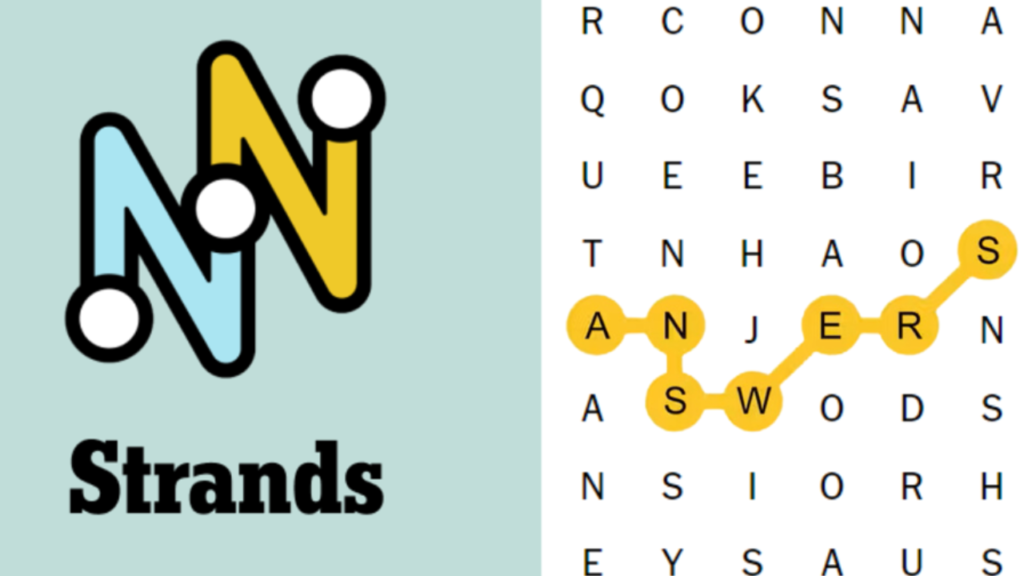In a significant move to combat infostealer malware, Google has integrated App-Bound Encryption in its latest Chrome 127 update for Windows. This enhancement aims to safeguard critical user information, particularly browser cookies and saved passwords, from malicious software.
While Chrome already employs encryption for private data, the security measures differ across operating systems. For instance, on macOS, Chrome utilizes Apple’s Keychain services, and on Linux, it relies on system-provided wallets. These systems effectively shield most macOS and Linux users from infostealer threats. However, Windows uses the Data Protection API (DPAPI), which is relatively less secure. The DPAPI doesn’t prevent malicious applications from running code at the user level, allowing infostealer malware to potentially access encrypted data if it evades Windows Defender.
Infostealer malware is known for its sophistication, often spread by cunning hackers. Recently, some malware was even embedded in Google Search ads. Given the flaws in operating systems and the ease with which humans can be deceived, Google has proactively introduced App-Bound Encryption on top of the existing DPAPI security.
How App-Bound Encryption Works
The new encryption mechanism in Chrome 127 ties data to the app identity. Google states, “In Chrome 127 we are introducing a new protection on Windows that improves on the DPAPI by providing Application-Bound (App-Bound) Encryption primitives. Rather than allowing any app running as the logged-in user to access this data, Chrome can now encrypt data tied to app identity, similar to how the Keychain operates on macOS.”
With App-Bound Encryption, only the Chrome browser can access data it has encrypted, such as cookies and passwords. This ensures that neither malware nor any other software, malicious or benign, can access this sensitive information without the correct decryption key.
Potential Vulnerabilities and Mitigations
Though App-Bound Encryption significantly enhances security, it is not entirely invulnerable. Malware could potentially bypass this method by elevating its privileges to system level or injecting code into Chrome. However, such actions are likely to trigger Windows Defender, providing an additional layer of defense.
While not flawless, Chrome’s App-Bound Encryption is a substantial improvement over the standard DPAPI. It offers a level of protection that should be considered by other Windows applications, especially as infostealer malware becomes more prevalent.
Ensuring Your Chrome is Up-to-Date
These security enhancements are included in Chrome 127 for Windows. The update was rolled out in late July, so it should already be available on your system. To verify your Chrome version, navigate to the “About Google Chrome” submenu in the browser.
By implementing these advanced security measures, Chrome 127 takes a significant step in protecting Windows users from the growing threat of infostealer malware.




















